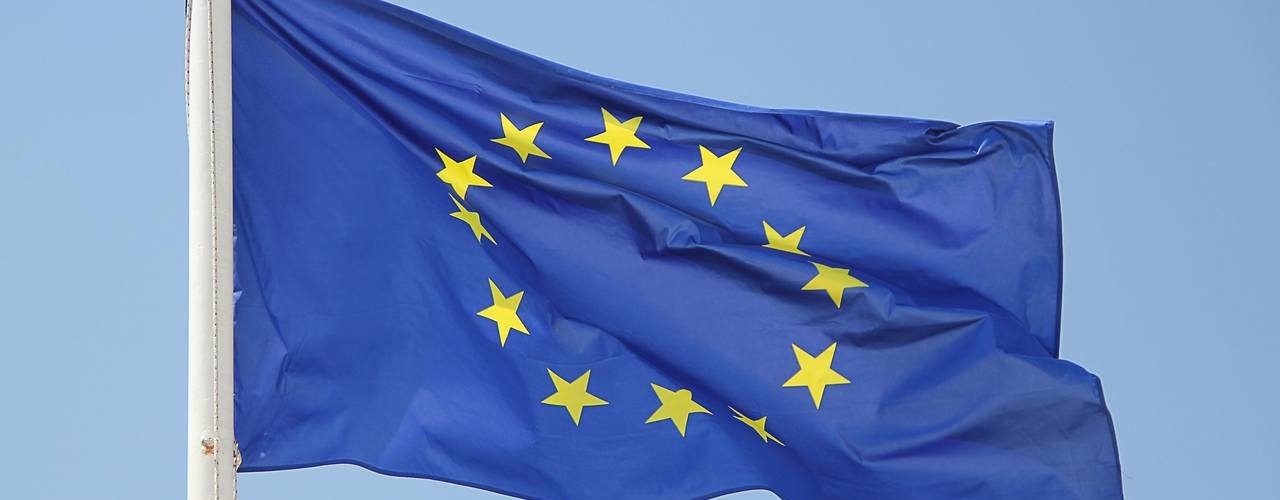- The EU has introduced a Carbon Border Adjustment Mechanism (CBAM) as part of its ‘Fit for 55’ climate measures to prevent ‘carbon leakage’, where businesses transfer production to countries with less stringent emission constraints.
- CBAM will equalize the cost of affected commodities manufactured in third countries relative to the EU and will encourage producers worldwide to adopt more climate-friendly manufacturing practices. Initially,
- CBAM will apply to imports of cement, iron and steel, aluminium, fertilizers, electricity, and hydrogen, and will soon include organic chemicals and polymers.
- To import goods covered by CBAM into the EU, importers must be authorized CBAM declarants established in the EU or appoint an indirect customs representative.
- When fully implemented in January 2026, CBAM will require importers to purchase certificates, with the price varying according to the weekly auction price of EU Emissions Trading Scheme allowances.
- During the transitional period from October 1st, 2023, to December 31st, 2025, businesses must report quarterly on the embedded emissions in imported goods and submit a CBAM report within one month after the end of each quarter. Importing companies should review their supply chains, identify CBAM-covered goods, engage with third-country suppliers to gather emissions data, and determine how to comply with reporting requirements.
Source BDO















